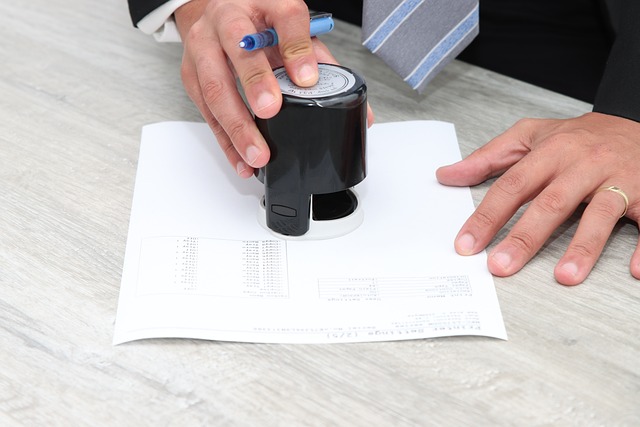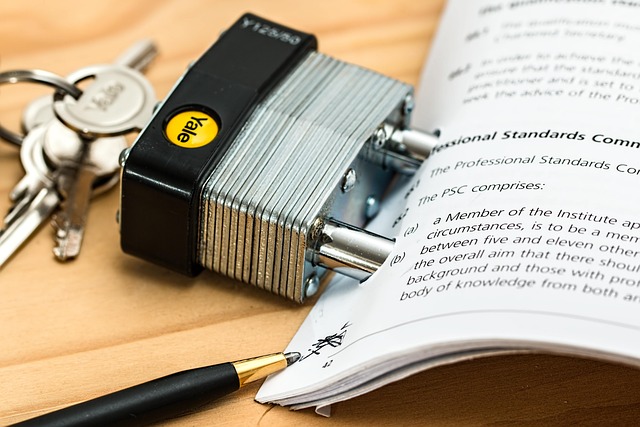In today's global market, accurate UK Intellectual Property (IP) Documents translation services are vital for international protection. IP laws vary worldwide, making precise translations essential to avoid legal issues and disputes. Specialized translators with legal expertise ensure correct rendering of technical terms, facilitating global IP safeguarding. Choosing a reliable provider with specialized IP translators, strong confidentiality measures, and advanced technology ensures high-quality, compliant translations for worldwide IP asset protection.
In today’s globalized market, precise translations of intellectual property (IP) legal documents are paramount for international protection. This article delves into the critical importance of accurate IP translations and explores challenges faced in this intricate process. We provide best practices for UK Intellectual Property document translation services, guiding you through key considerations when choosing a reputable provider to ensure effective global protection. Remember that, in terms of IP, every word counts.
- Understanding the Importance of Accurate IP Translations
- Challenges in Translating Legal Documents for Global Protection
- Best Practices for UK Intellectual Property Document Translation Services
- Key Considerations for Choosing a Reputable Translation Provider
Understanding the Importance of Accurate IP Translations

In today’s globalized legal landscape, accurate translations of UK Intellectual Property (IP) documents are more crucial than ever for businesses seeking international protection. IP laws vary across borders, and what constitutes intellectual property, its rights, and enforcement mechanisms differ from one country to another. Therefore, precise translation services for UK IP documents are essential to ensure that inventors, entrepreneurs, and companies can navigate these complexities effectively.
Imprecise translations can lead to misunderstandings, misinterpretations, and potential legal issues. For instance, a wrong interpretation of patent claims or trademark descriptions might result in loss of protection or unnecessary disputes. Professional translation services specializing in UK IP documents employ linguists with expertise in both law and the target languages, ensuring that every term is rendered accurately and within the specific context of intellectual property law. This level of precision is vital for global IP protection, enabling businesses to safeguard their innovations worldwide.
Challenges in Translating Legal Documents for Global Protection

Translating legal documents, particularly for international protection like that of UK intellectual property (IP) rights, presents a unique set of challenges. The complexity lies in the intricate nature of IP laws and terminologies that vary across jurisdictions, requiring not just linguistic proficiency but also an understanding of the underlying legal frameworks. For instance, adapting UK patent or trademark regulations to another country’s legal system demands precision to ensure the translated documents remain effective and compliant with local laws.
These translations often involve highly technical and specialized terms, making it crucial to engage professional translators skilled in both languages and legal fields. Inaccurate translations could lead to misunderstandings, miscommunications, and potential legal issues. Therefore, UK IP document translation services must prioritize accuracy, consistency, and cultural sensitivity to safeguard the integrity of the original documents and the rights they protect.
Best Practices for UK Intellectual Property Document Translation Services

When it comes to UK Intellectual Property (IP) document translation services, accuracy and precision are paramount. The legal landscape in the UK demands a deep understanding of both language and IP law, making it crucial to engage professional translators with expertise in this niche area. Best practices include thorough researcher of industry-specific terminology and compliance with legal jargon, ensuring an exacting translation that mirrors the original intent.
Additionally, maintaining confidentiality is essential for protecting sensitive IP information. Reputable translation services should adhere to strict data protection protocols, employing secure systems and signed non-disclosure agreements (NDAs). Leveraging advanced technology, such as machine translation tools followed by human review, can enhance efficiency while preserving quality. This dual approach ensures not only accurate translations but also timely delivery, vital for global IP protection strategies.
Key Considerations for Choosing a Reputable Translation Provider

When seeking UK Intellectual Property Documents translation services, selecting a reputable provider is paramount to ensure accuracy and legal validity. Key considerations include verifying the translator’s expertise in IP law, as well as their proficiency in both the source and target languages. Reputable providers should have a clear understanding of the nuances and technical terms within intellectual property documentation, offering translations that align perfectly with legal standards.
Additionally, checking for professional accreditations and certifications, such as those from the Institute of Translation or equivalent bodies, is essential. Experience in handling similar documents and feedback from previous clients can also provide valuable insights into a provider’s reliability. Opting for a service that prioritises quality control measures, including peer review and editing, further safeguards the integrity of your translations, ensuring global protection for your IP assets.
Accurate translations of IP legal documents are paramount for securing global protection. Navigating the complexities of international intellectual property laws requires specialized expertise and precise language skills. By adhering to best practices, such as those outlined for UK Intellectual Property Document Translation Services, and carefully selecting a reputable provider, individuals and businesses can ensure their protections extend seamlessly across borders. This comprehensive approach is key to safeguarding innovations and maintaining a competitive edge in the global marketplace.



